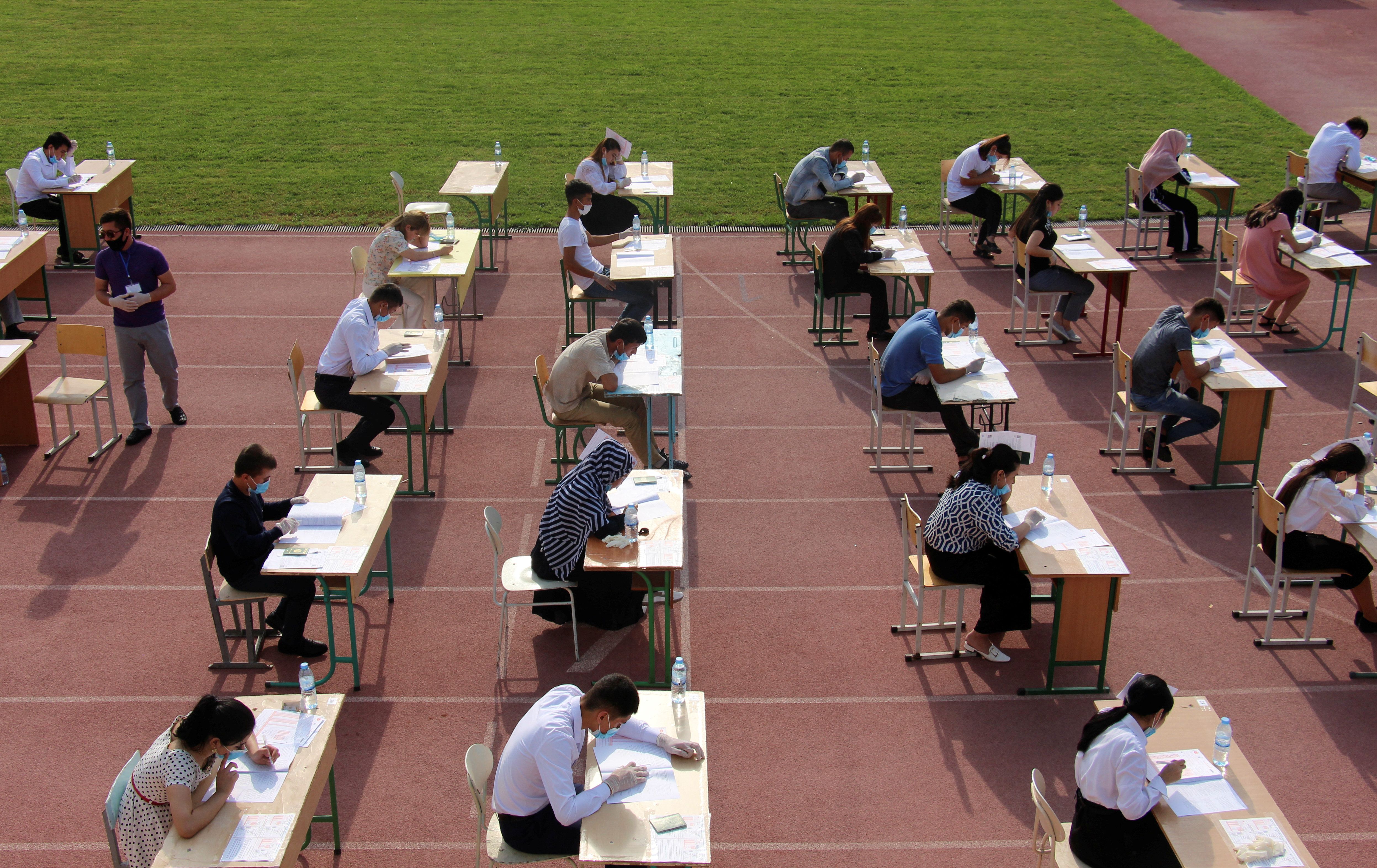News
September 02, 2020
1.4 million: To limit the spread of COVID-19 without upending the academic calendar, this week around 1.4 million Uzbek students will start taking their annual university entrance exams outdoors. The former Soviet republic just ended a national lockdown, but masks are still mandatory and mass public events remain banned.
75: Some 75 percent of Democratic voters believe that President Donald Trump will reject the US election result if he doesn't win (a prospect Trump himself has floated multiple times), according to a new survey. In contrast, 41 percent of Republican voters think that Joe Biden won't concede if Trump is the victor in November.
14,000: Kaing Khek Iev — known as "Comrade Duch" during the brutal Khmer Rouge era (1975-1979) in Cambodia — died on Wednesday at age 77. He was serving a life sentence handed down in 2010 by a UN-backed international tribunal for overseeing the torture and execution of at least 14,000 people at Phnom Penh's infamous Tuol Sleng prison.
47 million: The economic fallout from the coronavirus pandemic will push 47 million women and girls into poverty next year. A UN report says that more women than men have lost their jobs due to COVID-19, while women and girls at most risk of becoming poor are those in subsistence-level occupations in the informal sector in Latin America and sub-Saharan Africa.More For You
America’s new National Security Strategy confirms what Europeans have feared for months: Washington now sees a strong, unified European Union as a problem to be solved, not an ally to be supported.
Most Popular
Sponsored posts
The power of sports
What's Good Wednesdays
What’s Good Wednesdays™, December 10, 2025
Walmart sponsored posts
Walmart's $350 billion commitment to American jobs
In this episode of Tools and Weapons, Microsoft Vice Chair and President Brad Smith sits down with Ed Policy, President and CEO of the Green Bay Packers, to discuss how purpose-driven leadership and innovation are shaping the future of one of the world’s most iconic sports franchises. Ed shares how technology and community-focused initiatives, from Titletown Tech to health and safety innovations on the field, are transforming not just the game of football, but the economy and culture of Green Bay itself. He explains how combining strategic vision with investment in local startups is keeping talent in the Midwest and creating opportunities that extend far beyond Lambeau Field.
Subscribe and find new episodes monthly, wherever you listen to podcasts.
Members of security forces stand guard outside a polliong station, a week late in a special election, after the local governing party kept voting closed on election day, amid accusations of sabotage and fraud, in a presidential race still too close to call as counting continues, in San Antonio de Flores, Honduras, December 7, 2025.
REUTERS/Leonel Estrada
More than a week after Hondurans cast their ballots in a presidential election, the country is still stuck in a potentially-dangerous post-election fog.
© 2025 GZERO Media. All Rights Reserved | A Eurasia Group media company.
